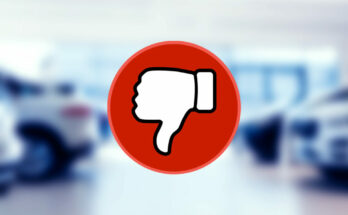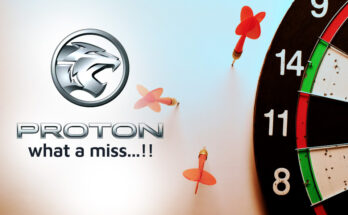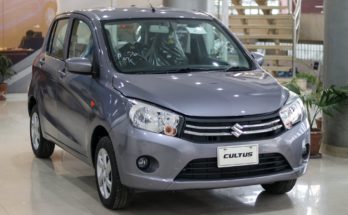The recent use of word ‘Free Market’ by PAMA has sparked a debate regarding the correct implementation of this term in the auto industry of Pakistan. This comes on the back of government’s instructions to initiate a forensic audit of new car prices in Pakistan which are now being frequently revised at an interval of less than 3 months.
According to Pakistan Automotive Manufacturers Association (PAMA) the government cannot rationalize car prices in the country which has a ‘free market’, therefore it is the market that decides car prices, not the state. In a free market however, prices are determined by demand and supply dynamics, but its not the case with the auto industry of Pakistan.
Related: Free Market, Really?
In a truly free market, the government will eliminate all duties and tariffs on imported vehicles which would generate healthy competition in the market. Ever since, imported CBUs have heavy-duty levies on them which protects and safeguards domestic players from any significant competition. Even the import of used-cars has been restricted, absence of which has always resulted in more frequent price hikes of locally assembled new vehicles. Presence of used JDMs have kept prices of new cars in check and has always provided much needed variety in small & budget car segment. Amusing as it might sound, more than a decade-old used cars with no warranty and after sales support are considered a threat to brand new local assembled cars sold in the country.
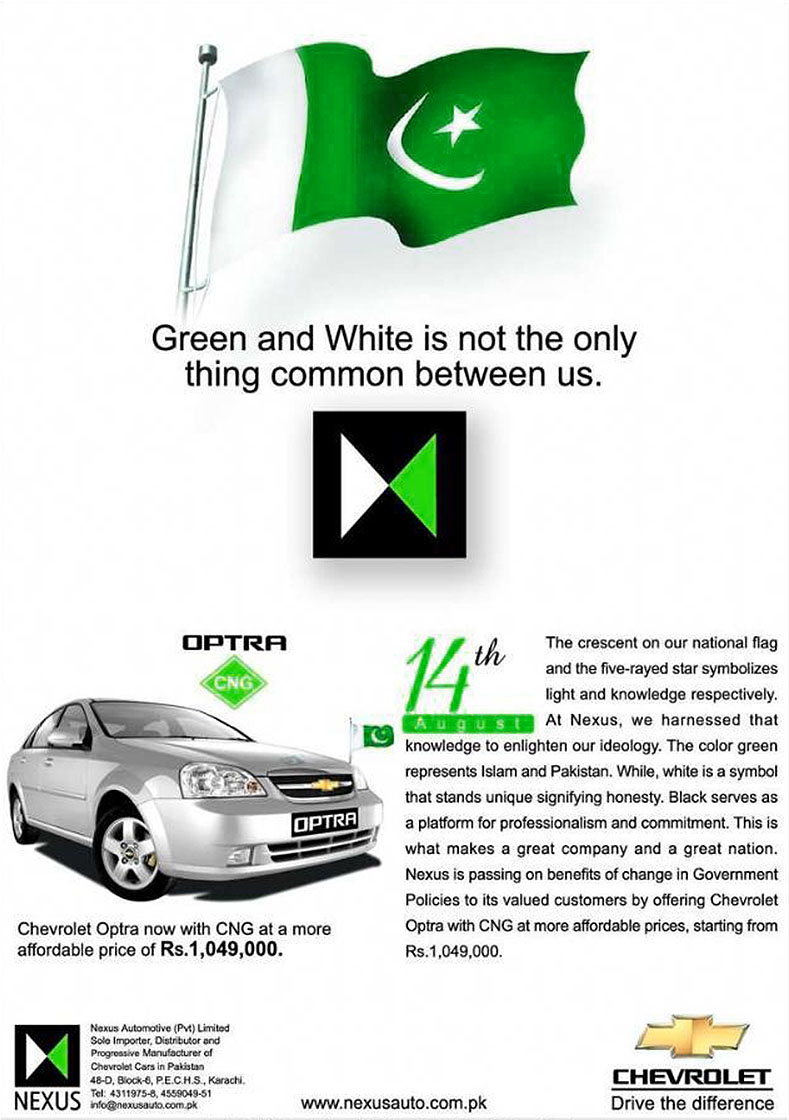
If we look back at the not-so-distant past, car buying options for the masses during the Musharraf regime without a definite auto policy were much more diverse compared to what it is today. In the name of competition, newcomers which enjoy Greenfield incentives have mostly introduced super-expensive crossovers well beyond the reach of masses while primarily targeting the elite class, ensuring thick profits in least number of vehicles sold without the need to generate volumes.
Related: The Price of Kei Car Today is Equals to Luxury Saloon of Yesterday
The prices of imported cars (in Musharraf era) were well within the reach of the majority while perfectly inline with the existing local assembled options of that era. Take Mitsubishi Lancer sedan for example, which was sold as a CBU import by Dewan Mushtaq Motors. The car was available in 1.3L and 1.6L variants and competed against the likes of Toyota Corolla, Honda City & Civic in addition to plenty of other similar vehicles which were available to buyers in those days.
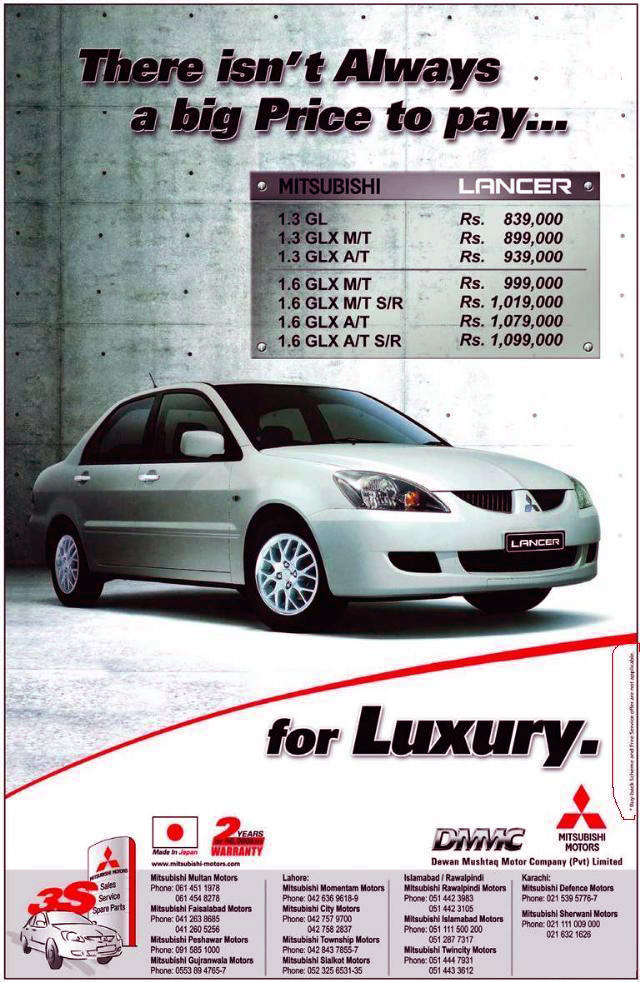
In 2006/07, the price of (imported) base 1.3L Lancer GL was PKR 8.39 lac, while for the sake of comparison the base Honda City iDSI was also available for PKR 8.39 lac and 1.3L Toyota Corolla XLi was priced at PKR 8.79 lac. While the flagship 1.6L Lancer GLX SR (imported) was available for PKR 10.99 lac whereas the top-spec 1.8L Corolla Altis was priced at PKR 13.09 lac and 1.8L Honda Civic Oriel was available for PKR 14.99 lac. This again shows that the CBUs with better built quality were available in a price lesser than the “local” assembled models even during those days.
Related: Buying a New Car isn’t Anyone’s Piece of Cake
Other imported options worth mentioning were 1.3L Proton Gen-2 starting at PKR 8.49 lac, 1.4L Chevrolet Aveo sedan at PKR 8.9 lac, 1.4L Kia Rio sedan at PKR 9.99 lac, 1.3L Proton Saga at PKR 6.49 lac and 1.3L Geely CK sedan at PKR 6.49 lac. And it wasn’t just about 1.3L sedans, other options including hatchbacks and larger saloons also had a much decent variety. To see a complete list of car prices from those days, click here.
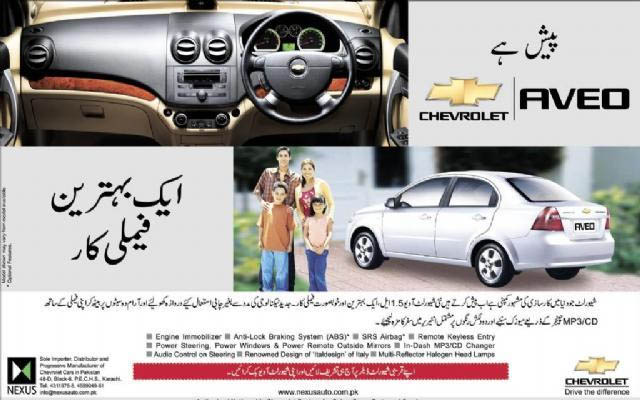
While companies will keep blaming forex & freight charges for ever so frequent price hikes and their inability to sustain passing price impact on the consumers, the swelling profits in quarterly reports always tell a very contrasting story. In order to control prices, instead of asking assemblers to justify successive price hikes, its much practical to simply allow imports of CBUs. Since attracting new players have resulted in ballooning the country’s import bill as everything needed to put together a “local” assembled automobile has to be “imported” from abroad. The import of CBUs will not only generate competition but as admitted by FBR, will result in collecting billions in revenue.
Related: Remembering Cars from the Previous Decade
Do you think government should treat Pakistan as a genuinely ‘free market’ and that the imports of new as well as used CBUs should be allowed to generate much needed competition in the market, let us know with your feedback.

A computer animation professional with over 23 years of industry experience having served in leading organizations, TV channels & production facilities in Pakistan. An avid car enthusiast and petrolhead with an affection to deliver quality content to help shape opinions. Formerly written for PakWheels as well as major publications including Dawn. Founder of CarSpiritPK.com

